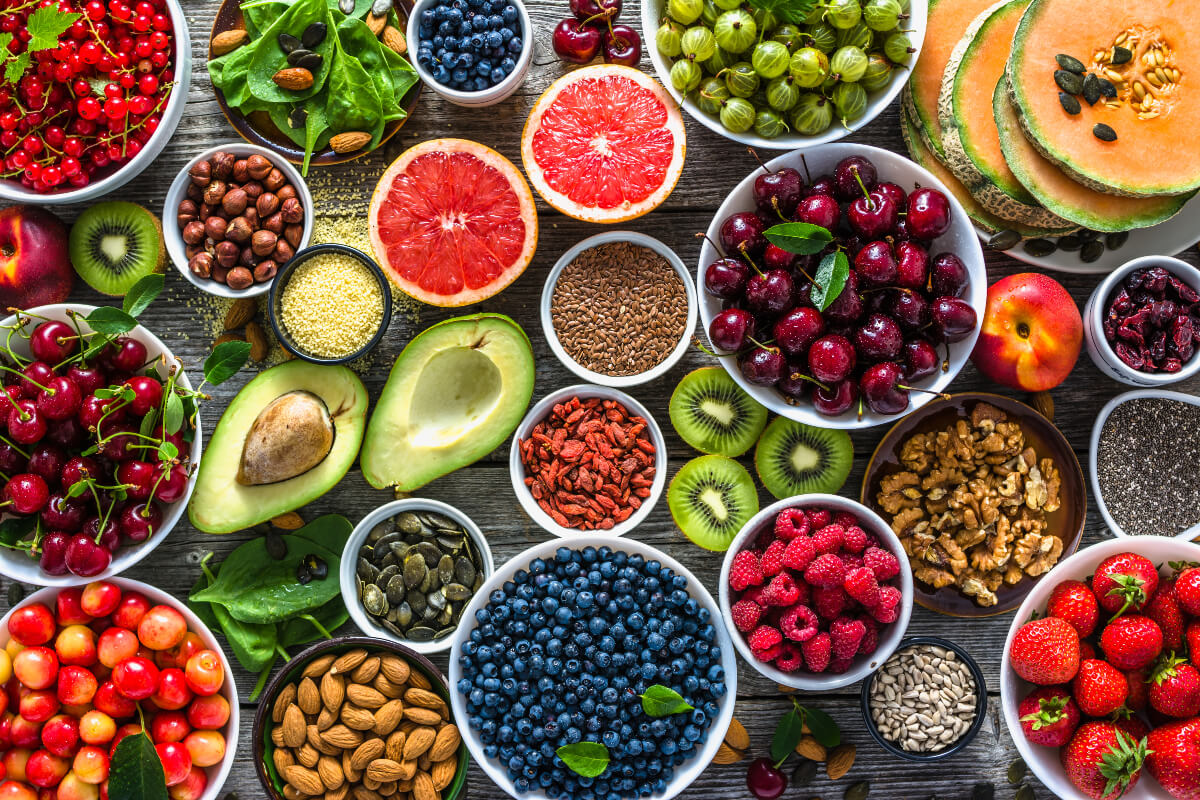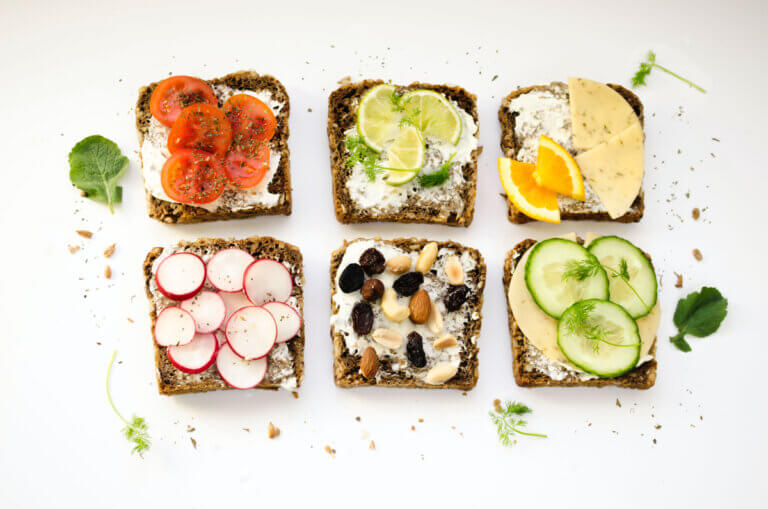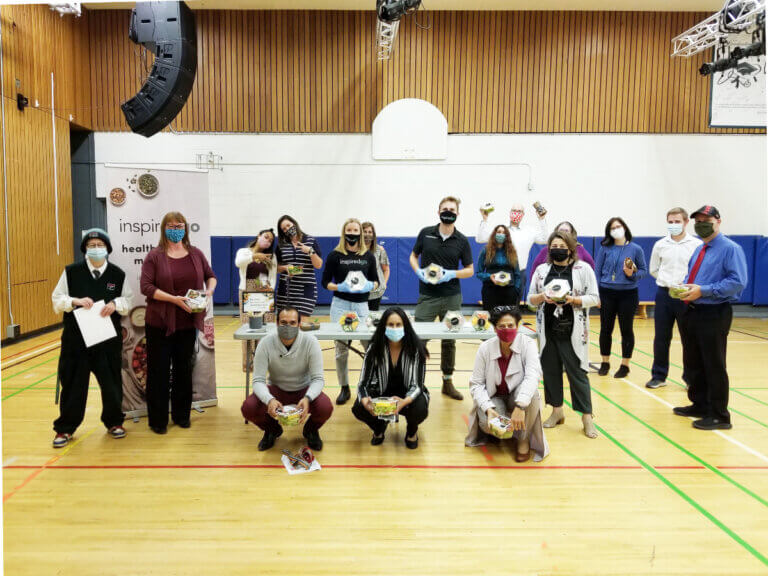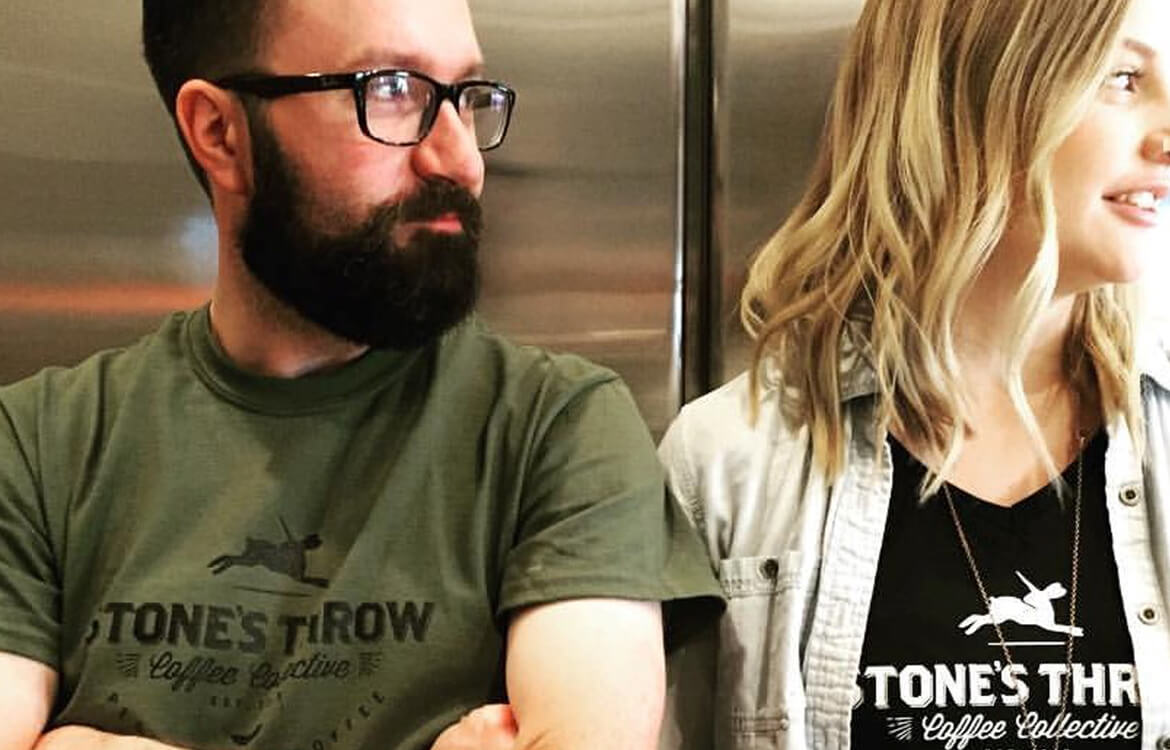Living and eating sustainably are two habits that go hand in hand. It’s never too late (or too early) in life to start building healthier habits and making conscious choices that are good for you and help the environment. That’s why we reached out to a nutritionist for her tips on eco-friendly meal prep.
Certified nutritionist and health motivator Claudia Canu began her personal health journey in her late thirties, when she realized that she wanted to enter the next decade of her life as the best version of herself possible. She launched a new business and blog to document her experience and completed a master’s degree in nutrition to gain as much knowledge as possible.
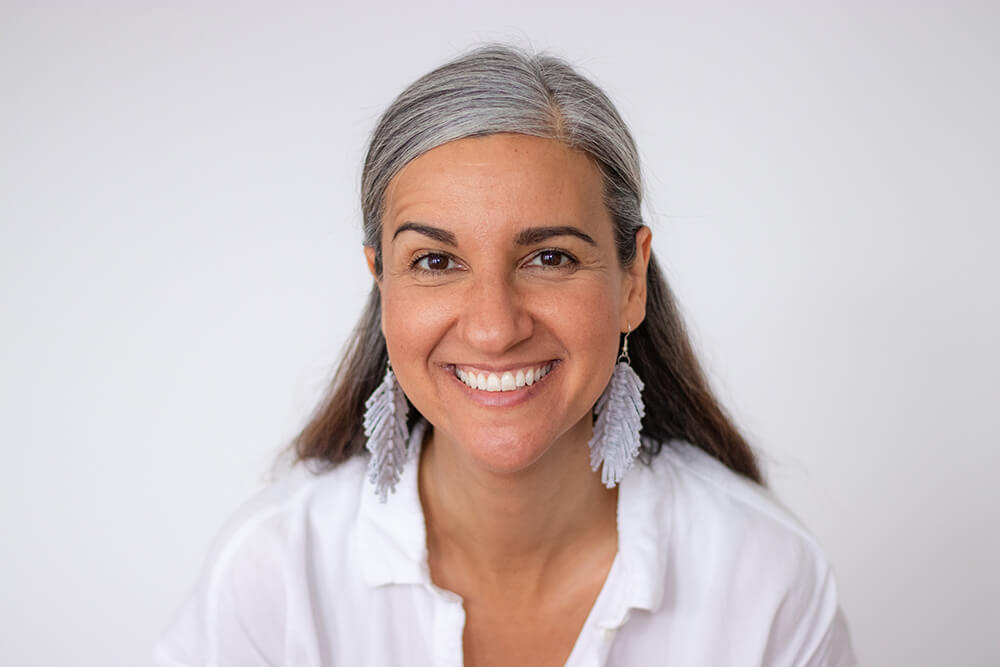
This year, she developed a zero-waste meal plan to help busy people cut down on time spent cooking and waste produced in the kitchen, while eating healthier meals. Canu says she found that when searching for healthy recipes online, she would end up making the entire batch, leaving her with an abundance of leftovers and excess waste.
Eco-Friendly Meal Prep Will Help You Reduce Waste
Canu shares her tips for eco-friendly meal prep and staying on track with healthy eating while reducing your environmental impact in the process.
“At the end of the week, the fridge is empty, and you’ll feel amazing because you’ll have eaten only healthy things,” she says.
1. Mix and Match Core Ingredients
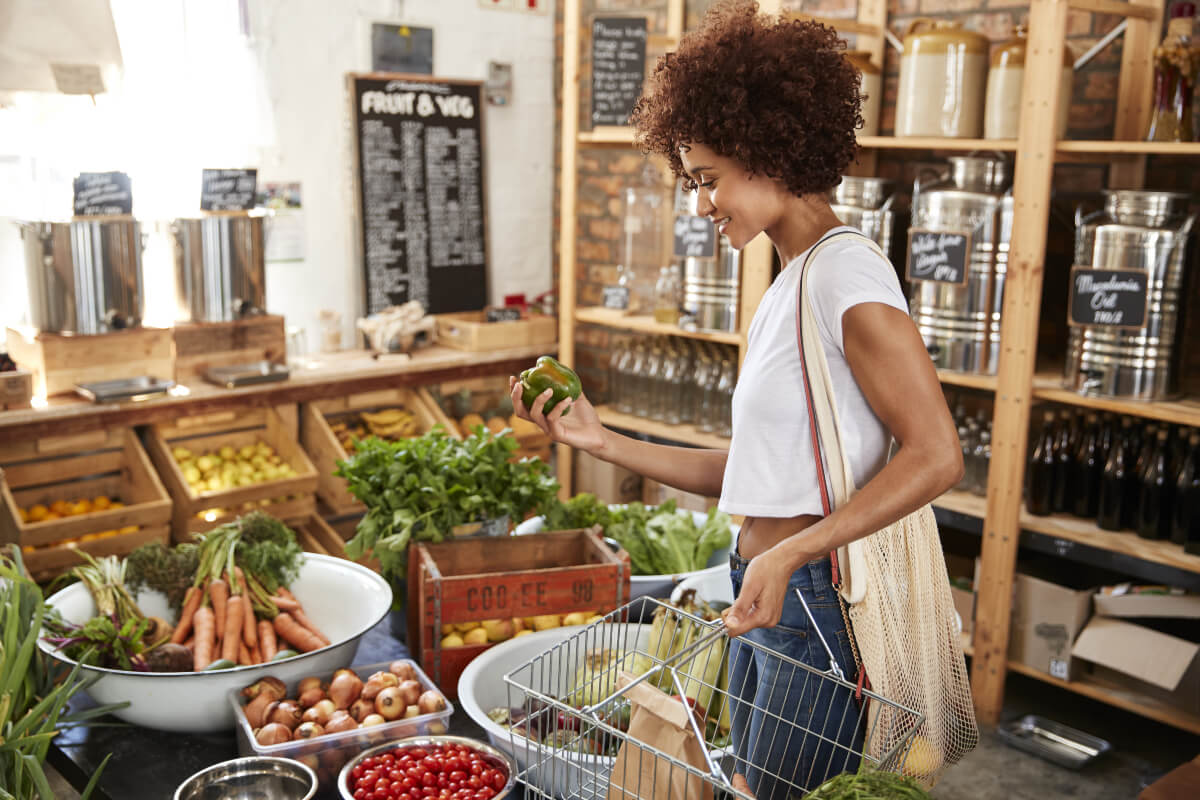
Canu notes that when crafting a meal plan of your own, it’s wise to choose two to three core ingredients for your meals for the week, cook them in batch, then mix and match from there to reduce food waste.
For example, you could choose two proteins like chicken and sustainably sourced fish, plus a selection of vegetables local to your area. You could also try incorporating some vegan meals to reduce your carbon footprint. Then, just add a whole grain like brown rice and some on-the-go snacks and voilà — meals for the rest of the week!
“When I coach people on healthy eating, one of the first exercises I have them do is to make a list of the ingredients they like the most and the type of recipes they like the most, and then just coach them on mixing and matching,” Canu says.
Related Articles
2. Avoid Processed Foods
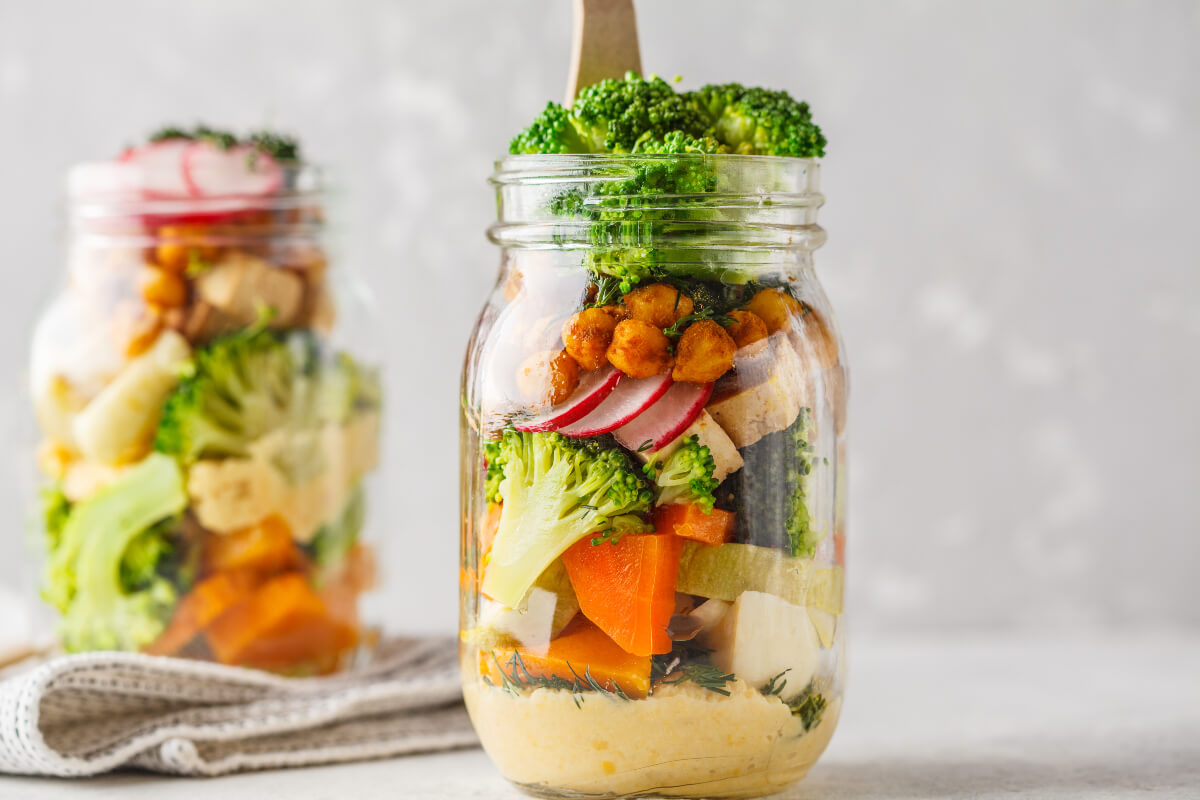
A good rule of thumb when it comes to healthy eating for you and the planet is to avoid too much (or ideally, any) processed food. Packaged foods that come wrapped in plastic are generally highly processed and more difficult for your body to digest, plus they result in plastic waste that will ultimately end up in a landfill.
One of Canu’s main tips is to avoid purchasing these foods, and instead stick to fresh produce that you can transport using reusable canvas bags or glass jars. She also recommends upcycling glass jars and containers, using them in the kitchen to store spices or condiments instead of tossing them in the garbage.
3. Get Organized
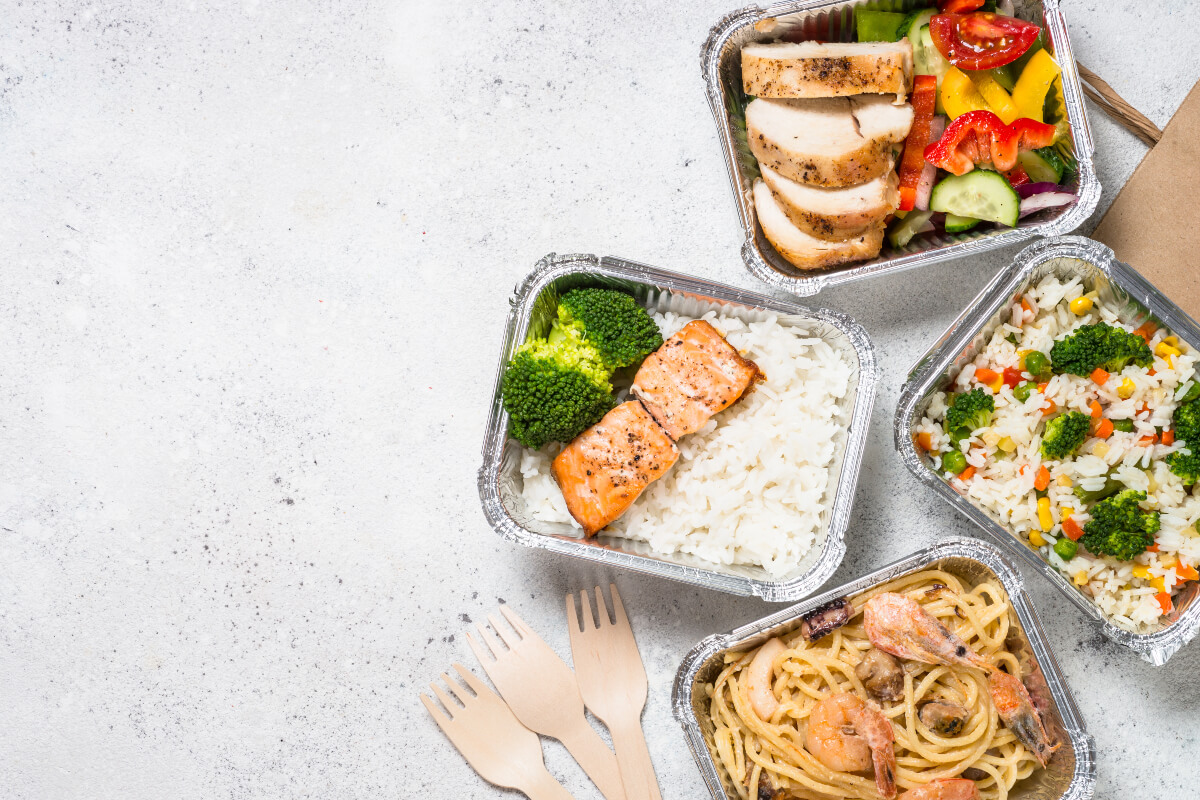
Canu’s number one tip when it comes to sticking to a healthy and eco-friendly lifestyle is to get organized. When life gets busy, it can be easy to order in junk food that comes in plastic bags or cardboard boxes, but all it takes is a little extra preparation to avoid falling into this pattern too often.
“Get organized. That’s the best thing we can do. Whenever we’re not motivated, if we have a little organization, then everything changes,” she says. “For example, if you have the list of the foods and recipes you like, even if you’re not motivated, just have a look at that and take five minutes and think ‘What can I do with this?’ If you have healthier foods in the fridge already, then it’s easier than starting from scratch.”
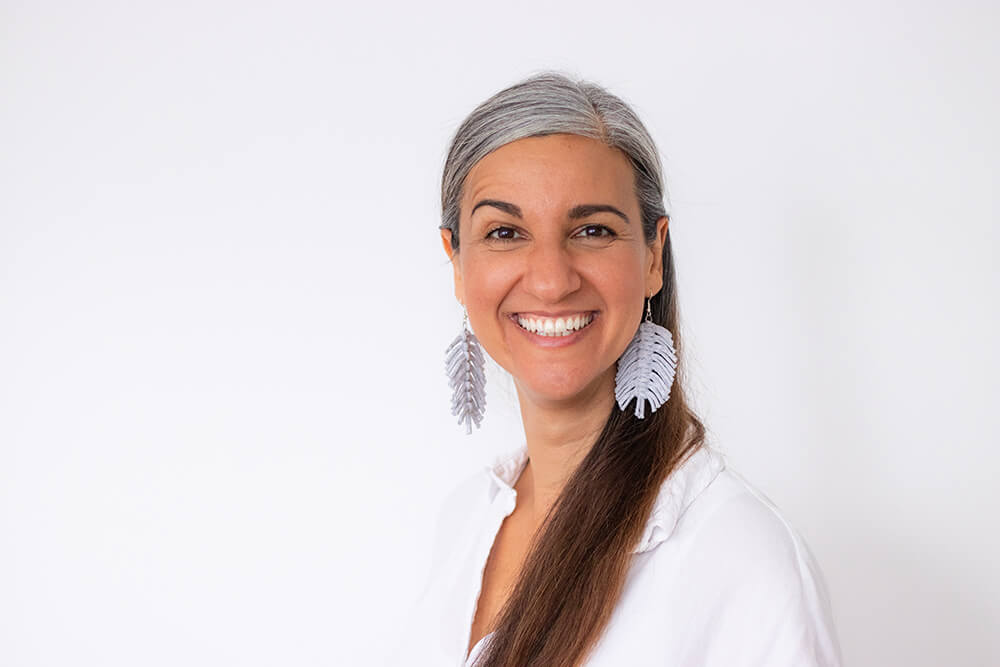
For more eco-friendly meal prep, you can find Canu’s zero-waste meal plan here.
